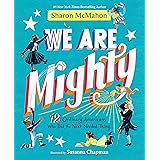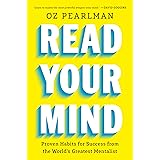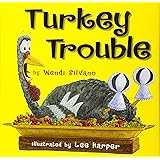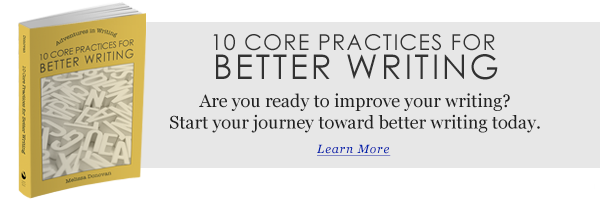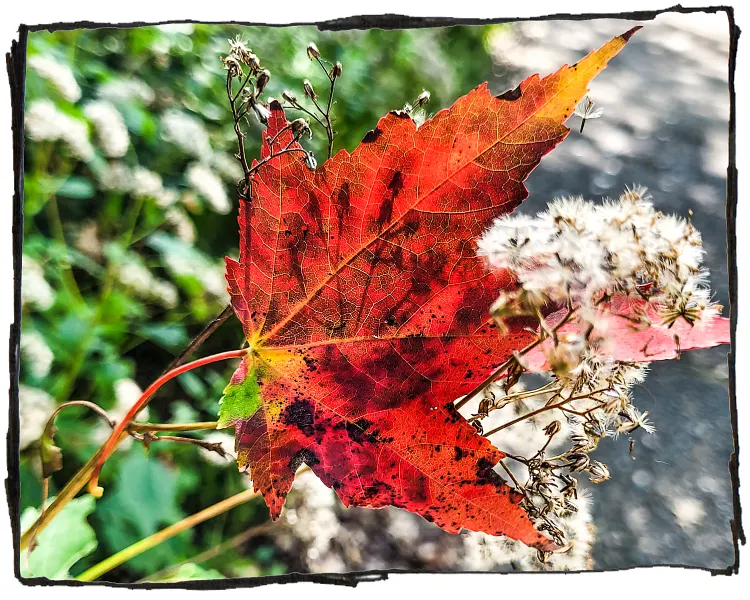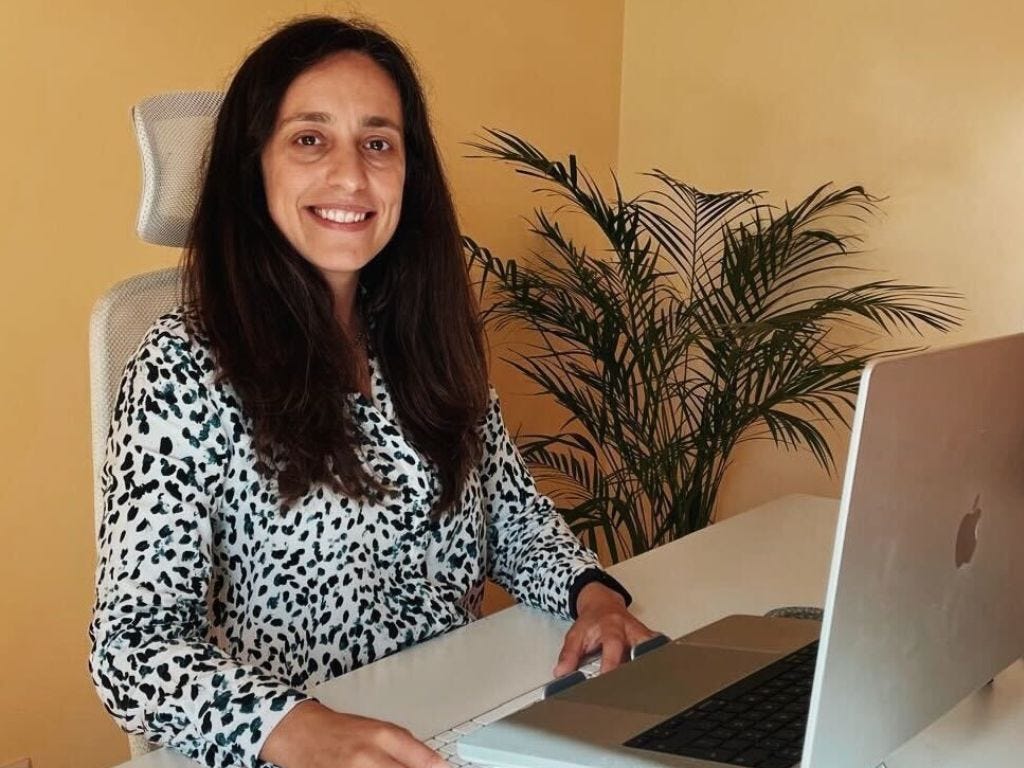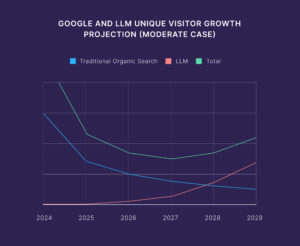“Unlocking the Secrets: How Copyright Laws Are Shaping the Future of Creativity”
In a world where creative expression is just a click away, the journey of copyright law wades through complex waters – occasional squalls of confusion, but also a treasure trove of insights! Last week, I shared thoughts about the intricacies of copyright, which sparked some invigorating discussions. It’s remarkable how many of you reached out, diving deep into the nuances of creator rights versus the looming burden of enforcement. It’s like trying to find your favorite song on a playlist: it’s all there, yet sometimes it feels just out of reach. What happens when those rights get trampled by the heavyweight contenders who might see those protections as mere roadblocks? Join me as we explore not just the historical context of copyright but also examine the shifting power dynamics in the digital age—where the creators deserve protection, but how do we ensure their rights are truly upheld in a land dominated by giants? I promise, there are some eye-opening nuggets ahead! LEARN MORE.
This Just In: The history of copyright might be fraught, but it exposes a bigger issue when creating online.
Last week’s exploration of copyright law led to some thoughts from the community. I had interesting email conversations with many of you. Copyright law is a very nuanced topic that leads to many opinions and, rightly so, challenges.
It turns out that I wasn’t the only one exploring copyright topics this past week, as there were multiple news stories exploring the topic that we’ll explore. But first, I need to set the record straight.
One thing I might not have been clear enough in the first piece is that I 100% think the idea of rights protection is important. Creators should have reasonable protections that the things they create will not be stolen or profited on without their consent. However, what I didn’t dig into enough last week but came up in many of my email conversations is the power imbalance in the system.
Copyright protections only work in so far as someone is able to enforce those rights. This is a benefit that creators receive when working with a distributor or publisher. The bigger company will offer enforcement tools or support if someone infringes on the creator’s copyright.
I live in Central Florida, which is affectionately known as The House of the Mouse. Disney is the single largest employer in the state and one of the most powerful legal arms in the country. It is widely known that if you attempt to infringe on Disney’s intellectual property, they will come after you. Sometimes it may seem excessive, but they are legally protecting their property and enforcing their copyright. They have the power and resources to fight those battles.
But my question from last week remains: What happens when there are bigger fish that don’t respect copyright laws at all?
Shortly after I published last week’s piece, OpenAI wrote a blog post that had one intended reader: The US President. In it, they laid out an argument (sic: pandered) for the “freedom of intelligence” and multiple legal recommendations that would essentially protect US-based artificial intelligence companies while collectively banning foreign competition.

